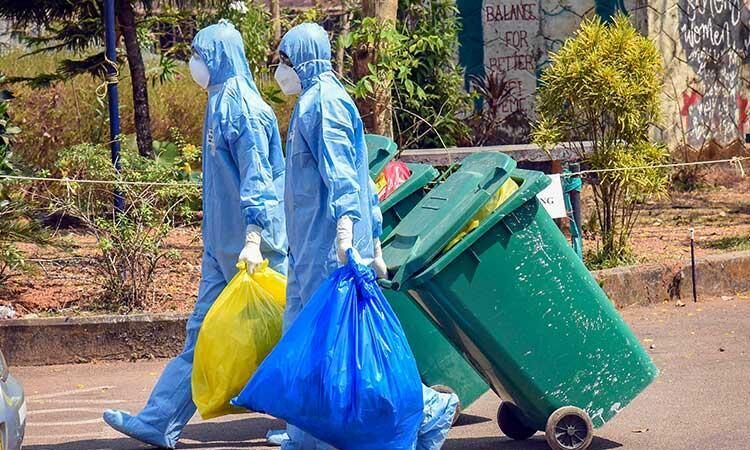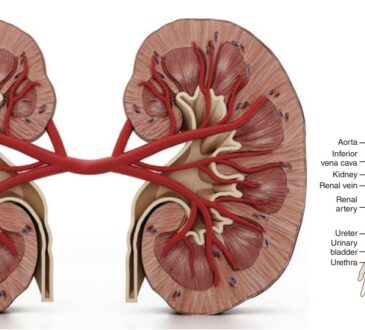
There is no doubt that of all the waste which is generated, it is medical waste, or biohazard waste which is the most important in terms of how we deal with it. There are so many government requirements which are in place here, and with good reason. Ultimately the reason as to why it is so important that this waste is well managed, comes down to the fact that any failure to do so could easily result in the outbreak and/or spread of dangerous and very serious diseases. There are many companies which work on the removal of waste, often working in specifics such as the company specializing in sharps disposal near me. Prior to the collection of the waste however, here is exactly how medical facilities must deal with it.
Correct Storage of Waste on Site
Waste disposal facilities will always try very hard to collect waste in speedy fashion, but it isn’t possible for hourly collections of waste, nor is there really a need for it. There is nothing wrong with waste being stored on-site at a hospital or medical facility, as long as it is done so correctly. Any medical facility should have a sectioned off area which is used for the storage of medical waste, and it must be set out as per the requirements set forth by the government. In some cases this could mean storing waste at a certain temperature, having it off the ground or even storing it in certain types of containers.
Color Coded Bags
One excellent system which was brought in to make managing waste easier has been the color-coded bag system. Not only does this help waste processing companies and hospitals deal with waste easier, it can also help to increase the speed of dealing with and removing waste. This process is very simple in fact, waste types are broken down into 8 different categories and there is a different colored bag for each type. In doing this human remains or waste is separated from tools which have been used, which are also separated from ash and chemical waste, and so on. This reduces the risk of waste being mixed up and improves the efficiency of the process.
Incinerating or Autoclaving
Most medical waste is treated in order to properly sterilize it, or it is incinerated so that it can be then sent to landfill as ash. In most cases a company which deals with medical waste will take care of this process, but not always. In some cases there is a requirement for the hospital to take care of this prior to the waste being sent off. For example if a patient dies and they have a highly contagious disease or virus, it may be that the hospital or medical facility has to incinerate the body straight away, in order to remove any risk of spread. This doesn’t happen all of the time but hospitals have to have access to an incinerator or an autoclaving system should they be required to take care of it themselves.




